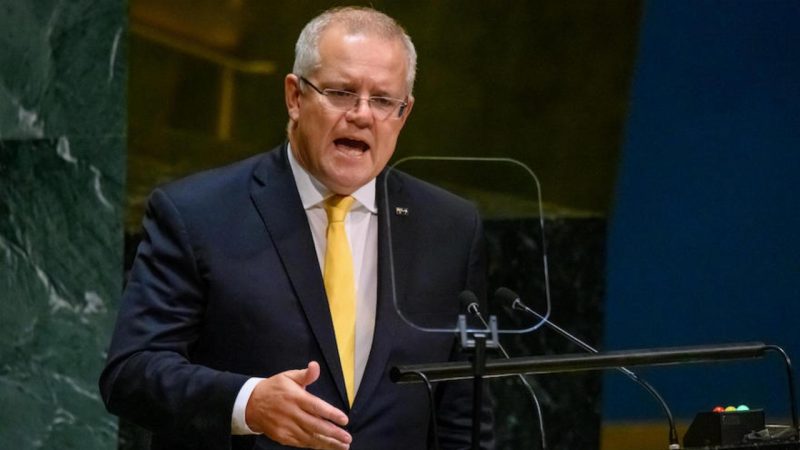- Chinese company Zhenhua Data has been collecting data on millions of influential people across the globe, with tens of thousands of Australians in the mix
- A massive database of open-source information has collected information on birth, addresses, marital status, social media handles, political associations, and more of over 35,000 Australians
- The individuals being monitored include celebrities, politicians, journalists, military personnel, and even known criminals — all influential people
- The database appeared to use artificial intelligence to compile the data and create a profile for each targeted person, then assign the person a numerical ranking
- Zhenhua’s chief executive has publically endorsed “hybrid warfare” and “psychological warfare” through the manipulation of public opinion
- Moreover, the People’s Liberation Army and the Chinese Communist Party are major Zhenhua clients
- Thus, researchers of the data have suggested this is part of a Chinese government information warfare campaign
Chinese company Zhenhua Data has been collecting data on millions of influential people across the globe, with tens of thousands of Australians in the mix.
A database of open-source information on prominent global figures was leaked over the weekend to a U.S. academic based in Vietnam, Chris Balding. Chris published the information overnight and shared it with a consortium of media outlets in the States, Canada, the U.K., Australia, and more.
Among the individuals on the database were over 35,000 Australian celebrities, politicians, journalists, and military personnel. The database included their dates of birth, addresses, marital status, social media handles, photographs, political associations, and more.
However, researchers found that not all of the data was from open sources, with some information taken from bank records and other confidential documents.
The database appeared to use artificial intelligence (AI) to compile the data and create a profile for each targeted person, then assign the person a numerical ranking. Some targets were also marked as “important” or being of “special interest”, but how the people were ranked and why they were targeted is still uncertain.
Perhaps most unnervingly, data was also collected on the relationships and families of those targeted.
The Australian targets included singer Natalie Imbruglia, One Nation co-founder David Oldfield, Victorian Supreme Court Judge Anthony Cavanough, billionaire Mike Cannon-Brookes, and journalists from the ABC and Newscorp.
Interestingly, the database also held information on organised crime figures.
Why is the data being gathered?
Zhenhua Data didn’t respond to questions from the media consortium about the purpose of the information. In fact, the company’s website has been taken down since the data was leaked.
However, the company is affiliated with the Chinese government and has the People’s Liberation Army and the Chinese Communist Party as major clients.
Moreover, Zhenhua’s chief executive, Wang Xuefeng, has publically endorsed “hybrid warfare” and “psychological warfare” on social media through the manipulation of public opinion.
Thus, while the data does not confirm a Chinese government information warfare campaign, researchers of the data certainly didn’t rule this possibility out.
Chris Balding, who obtained the data, said it’s well-known that the Chinese government collects the personal data of its own citizens, but this Zhenhua leak proves they are attempting the same thing on a global scale.
“The threat of China as an authoritarian techno surveillance state is real and happening now,” Chris said on Twitter. “Not just within China but around the world.”
A report on the data, put together by Chris and other researchers, said this is the first real evidence that the Chinese government is monitoring foreign individuals for purposes of intelligence and influence operations.
“The unique blend of civil-military fusion pushed by China that works with private firms to engage in state policy activities such as intelligence gathering should be concerning,” the report said.
“Open liberal societies fail to grasp the threats embodied in Chinese authoritarian communism by ignoring non-traditional warfare and influence operations.”

